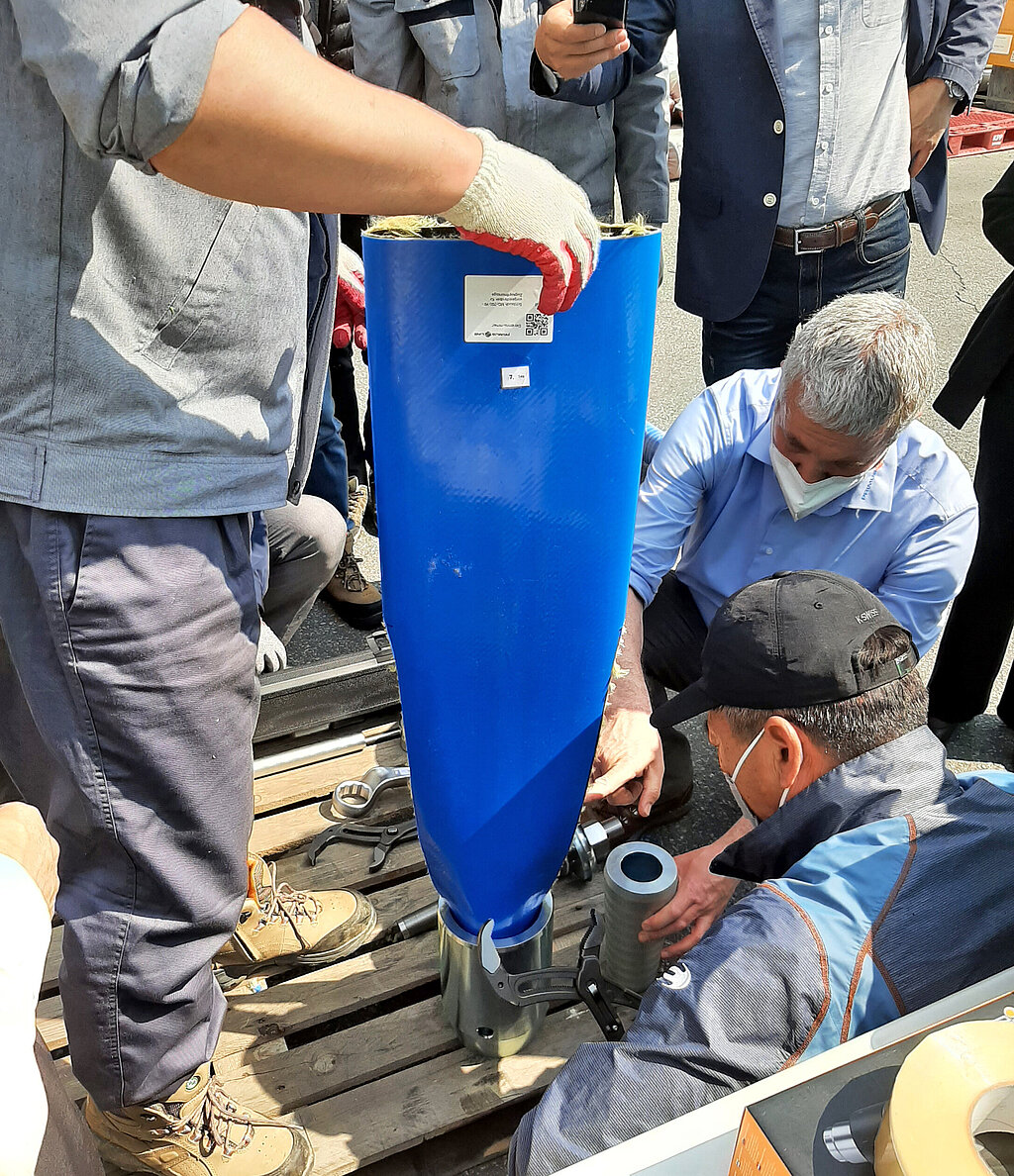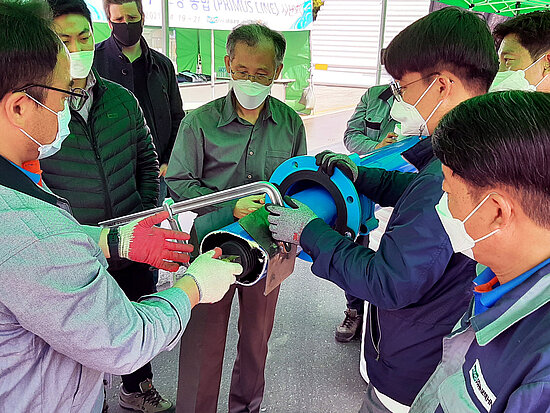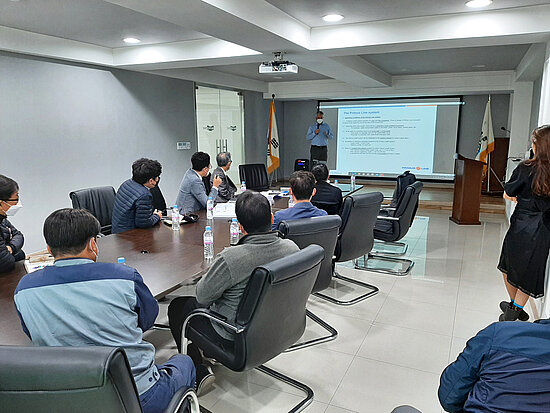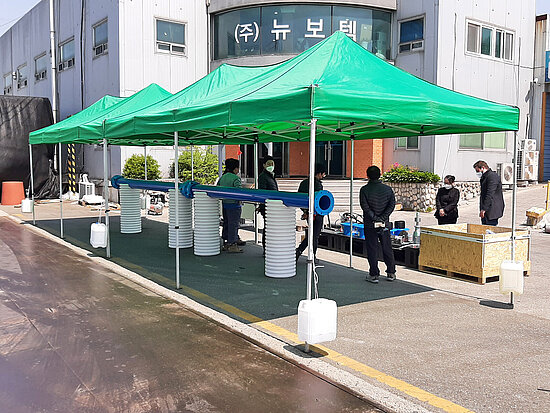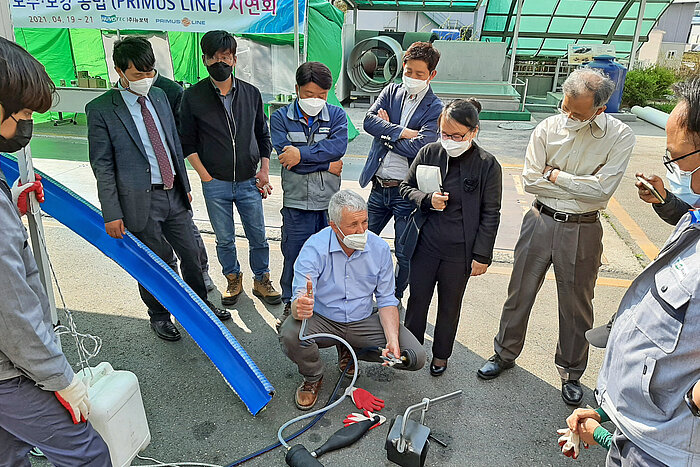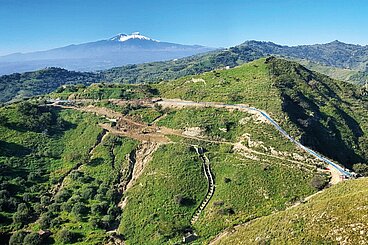Preface
Over the past 20 years, Primus Line has conquered one market after another. Each market entry was associated with different challenges. Only recently, and in the middle of the Corona pandemic, Primus Line ventured into South Korea. Simon Richtmann, who led the market entry as Business Development Manager, explains how and why. He gained the necessary experience while working for the German Chamber of Commerce in the capital Seoul.
With the end of the Korean War in the 1950s, Korea was divided into North and South. While North Korea emerged as a dictatorship with a population suffering from extreme poverty, the South has seen one of the most dynamic developments in modern history. Thus, within a few decades, it turned from one of the poorest to one of the richest nations on earth.Nowadays, it is leading in various high-tech industries and belongs to the largest economies in Asia.
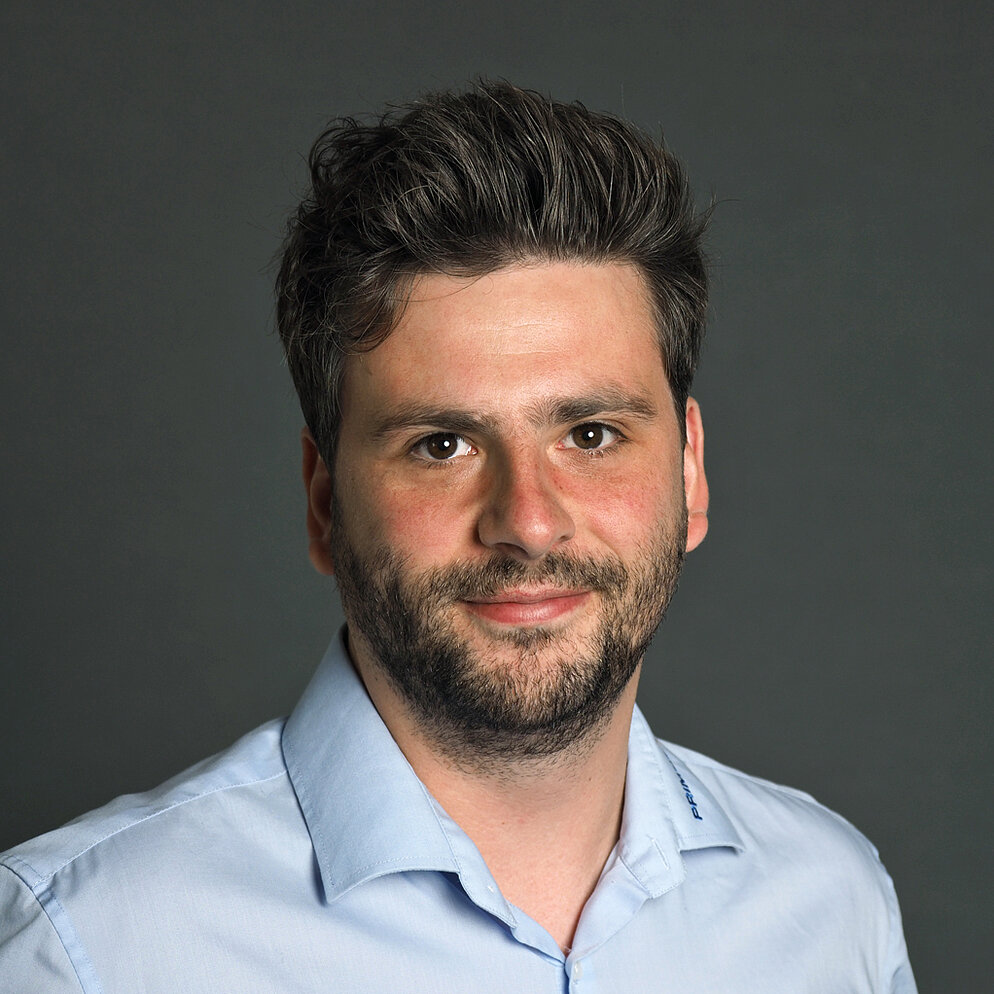
For Primus Line, the country is interesting as it has a very high degree of urbanisation, making pipeline rehabilitation with open construction difficult in many situations. In addition to that, South Korea can be considered a high-income country which generally favours Primus Line’s market position as a premium supplier.
Nevertheless, the market entry is a time-intensive process as Koreans tend to be sceptical regarding new technologies from abroad. Moreover, there is a significant language barrier as only those Koreans who studied abroad can speak proper English.
Therefore, Primus Line decided to engage with the Korean-German Chamber of Commerce and Industry for a business partner search. As a result two partner companies could be identified and trained: BetterLineUp from Daejeon and Nuvotec from Wonju. Because of the country’s excellent management regarding the Corona pandemic, it was possible to conduct the accreditation training on site for both companies.
Having completed the trainings, both companies are now accredited to market and install the Primus Line® system. Therefore, they are already in contact with various engineering firms and end clients such as water works in order to identify suitable project opportunities.
